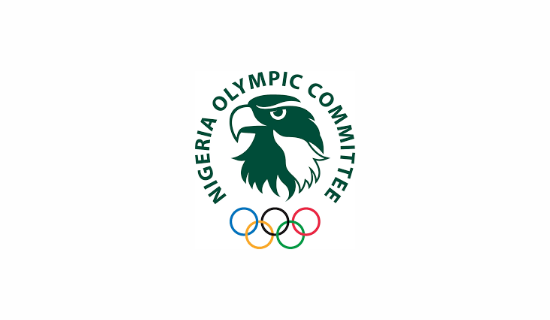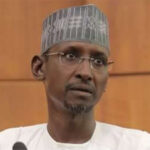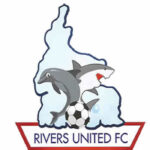
As the elective congress of the Nigeria Olympic Committee draws nearer, stakeholders have highlighted the need for a transformation in the leadership of the body, which is responsible for coordinating and supporting Nigerian competitors in the Olympic, Commonwealth and African Games.
The NOC election is billed for December 15 in Jalingo, Taraba State.
While it is still uncertain if the incumbent president, Habu Gumel, will seek re-election into office, stakeholders are already clamouring for a shake-up in the system, in order to usher in new guards.
Gumel was first elected as NOC president in 2002 and was in office until 2010. He returned again as president in 2014 and still runs the affairs of the Olympic Committee till date.
Seeking reelection will mean a third consecutive term bid and five terms overall.
Observers of the 74-year-old Gumel’s NOC tenure described the last eight years of his administration as docile, which they say has caused a regression for Nigeria at the international level.
According to them, Nigeria lost its congress membership with the International Olympic Committee during the reign of Gumel, insisting he has no voting rights at the IOC, having attained the age of 70 since 2019.
According to Rule 16.3.3.1 of the Olympics Charter, any IOC member ceases to be a member at the end of the calendar year during which he reaches the age of 70.
A board member of the Nigeria Handball Federation and a member of Sports for All Commission of the Nigeria Olympic Committee, Sylvester Ikuejamoye, fears that the lack of voting rights for Gumel at the IOC level could cause further setback for Nigeria.
“The guideline for vying for the NOC presidential position in Nigeria requires that one needs to be a member of the IOC for a certain number of years. And how many of them do we have in Nigeria? So, I think if the rule permits, I believe Gumel, knowing full well about his enormous limitations will want to support anyone that meets the requirement of the NOC/IOC to become president. But in the absence of anyone with the requirement aside from Gumel, it will be difficult for anyone to step up and that doesn’t look good for Nigeria,” Ikuejamoye said.
While critics pointed out that Gumel’s long stay at the IOC didn’t witness the rise of any or many other Nigerians, Ikuejamoye believes the problem is more about the instability of sport federations in Nigeria.
“The instability of leaders and board members of sports federations in the country is one of the reasons Nigerians have found it difficult to attain that eligibility status at the IOC. Such level of instability is not helping the continuity of members of different federations to meet up with the requirements of aspiring for any reasonable office at the IOC or even any international sports federation.”
As at the time of filing this report, Gumel is yet to declare his intention for another term, just as no other person has obtained the nomination form for the position of the president.





